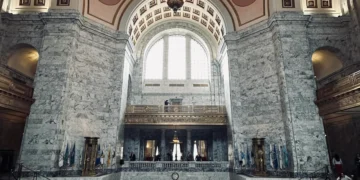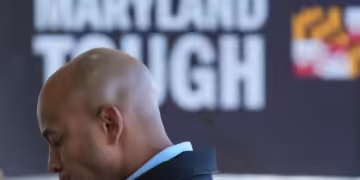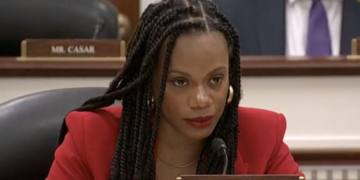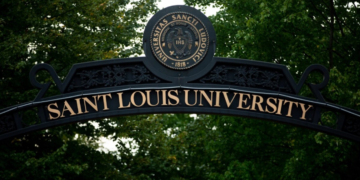Nov 14, 2024 Story by: Editor
BUFFALO, N.Y. — The history of slavery extends beyond the Southern states. On Tuesday, Nov. 12, the New York State Community Commission on Reparations Remedies kicked off its public hearing series in Buffalo, aiming to shed light on the complex history of the region and the state. Commissioner Tim Hogues emphasized the importance of educating the public as the state explores reparations.
“Part of our thing is we have to educate the public on this and then we can continue to have further dialogue,” Hogues said.
Though the commission has convened three business meetings since late July, the Buffalo hearing marked the first in a series designed to engage with the community. Commission Chair Seanelle Hawkins noted that the hearings will guide the commission’s recommendations to the state legislature.
“We’re going to define what reparations should look like, if it’s in the form of money or if it’s in the form of policy change, but we haven’t defined that and this is the process that we’re going through, this year-long process of really understanding what it should look like,” Hawkins explained.
During the hearing, community members reflected on how the effects of slavery persist, even after its abolition by the federal government. Just two and a half years ago, Buffalo was shaken by a racially motivated mass shooting. Historical policies, such as redlining, have also exacerbated disparities in health, social justice, and education, many of which remain today.
“How Black students in Buffalo are educated is a direct result of slavery. Segregated schools are a consequence of white violence and white hatred toward black children. Black students in New York have faced systemic obstacles due to decades of underfunding and segregation,” said Aymnauel Radford, a community member and advocate with New Yorkers for Reparations.
“I’m hoping that this panel is going to have some teeth and I’m hoping that with all of us here that you guys have the ammunition to go back and say ‘hey, this is real, this is a need, this is necessary,'” said Alexander J. Wright, a community member and the founder of the African Heritage Co-op.
The next hearing is set for next month in Queens. Source: Spectrum News 1

















